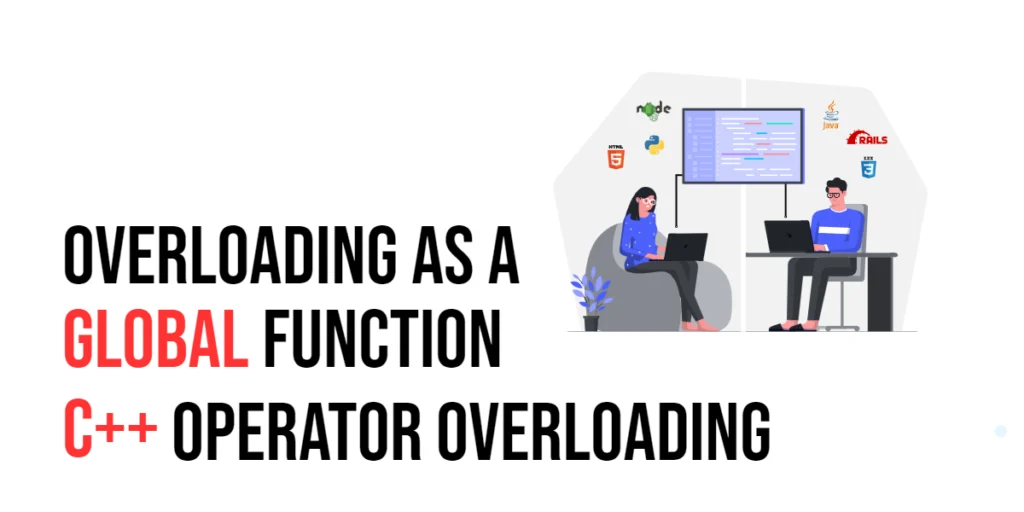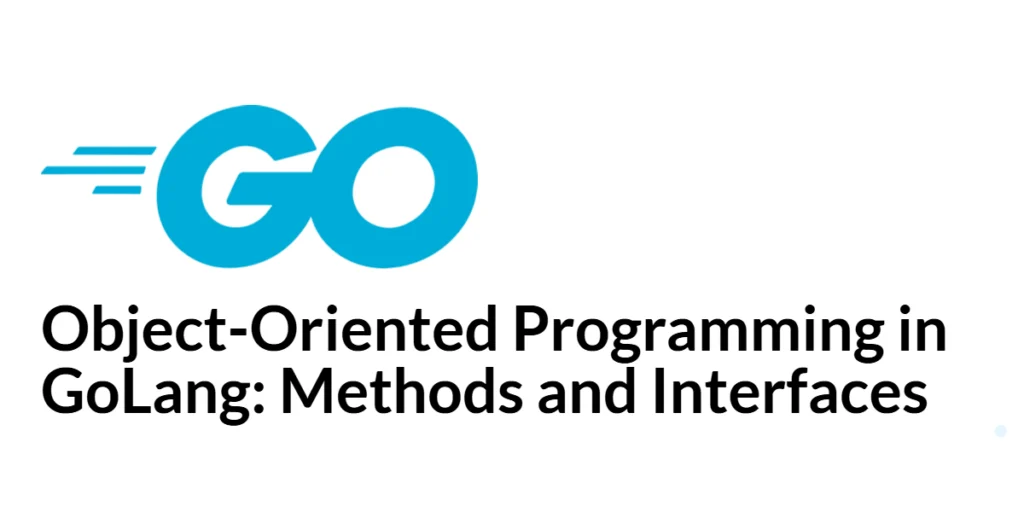In the world of C++ programming, operator overloading empowers developers to customize how operators (like +, -, *, etc.) behave with their own class types. This feature not only tidies up your code making it more straightforward but also equips custom types to operate as seamlessly as the built-in types. While C++ offers the flexibility to overload operators through either member functions or global functions, this article zooms in on the latter. Our aim is to unpack this concept with easy-to-understand examples that even newcomers to C++ can grasp and appreciate.

with hands-on learning.
get the skills and confidence to land your next move.
What is Operator Overloading?
Think of operator overloading as giving standard operations a new twist when they’re applied to user-defined types. Instead of settling for the default operations that C++ provides, you can craft your own rules on how operators should work when they interact with objects of your classes. This custom behavior is defined through special functions crafted by you, the programmer.
Why Overload Operators as Global Functions?
Why opt for overloading operators as global functions? One major benefit is that this method does not alter the private data of the objects involved. It treats all operands equally, whether they’re custom objects or basic data types, which is great for maintaining data integrity and ensuring consistent behavior.
For instance, consider a scenario where you want to add together a Point object and an integer. In this case, neither operand dominates the operation; the Point and the integer are treated as equals in the function. This approach not only simplifies the coding process but also enhances flexibility, allowing you to implement operations between different types without forcing changes to the object’s internal state.
By focusing on global functions for operator overloading, we can achieve a more intuitive and flexible interaction between different data types, leading to cleaner and more understandable code. Whether you’re adding two Point objects or a Point and an integer, each operation can be symmetrically implemented, maintaining a balance that would not be as straightforward if the operators were overloaded as member functions.
Operator Overloading with the Point Class
Imagine you’re working with a simple Point class in C++, representing coordinates in a two-dimensional space. In this example, we’ll delve into how to redefine the addition (+) operator. This capability lets us effortlessly add two Point objects together or even combine a Point with an integer, adjusting both coordinates in a meaningful way.
Creating the Point Class
Let’s start by defining our Point class. It’ll have two main properties, x and y, representing its coordinates on a grid:
#include <iostream>
class Point {
public:
int x, y;
// Constructor with default arguments
Point(int x = 0, int y = 0) : x(x), y(y) {}
// Method to display the point's coordinates
void display() const {
std::cout << "(" << x << ", " << y << ")" << std::endl;
}
};This structure forms the foundation of our examples, providing a clear and concise way to initialize and display points.
Overloading the + Operator
Adding Two Points
To enable adding two Point objects, we introduce a global function. In this setup, each operand is a Point:
Point operator+(const Point& a, const Point& b) {
return Point(a.x + b.x, a.y + b.y);
}This function takes two Point instances, sums their corresponding coordinates, and returns a new Point object that reflects the combined location.
Adding a Point and an Integer
Next, we’ll extend our functionality to allow an integer to be added to a Point, affecting both coordinates equally:
Point operator+(const Point& a, const int b) {
return Point(a.x + b, a.y + b);
}To maintain symmetry — meaning the order of operands doesn’t matter — we also define the reverse operation:
Point operator+(const int a, const Point& b) {
return Point(a + b.x, a + b.y);
}These operations open up new possibilities, like adjusting a point’s position by a uniform value in all directions, or the reverse, adding a point’s dimensions to a scalar.
Testing the Overloaded Operators
Finally, let’s put our overloaded operators to the test with a straightforward main function:
int main() {
Point p1(4, 5), p2(2, 3), result;
// Testing addition of two points
result = p1 + p2;
std::cout << "Adding two points: ";
result.display();
// Testing addition of a point and an integer
result = p1 + 10;
std::cout << "Adding a point and an integer: ";
result.display();
// Testing addition of an integer and a point
result = 20 + p2;
std::cout << "Adding an integer and a point: ";
result.display();
return 0;
}These examples demonstrate how operator overloading can make code not just more intuitive but also flexible, allowing objects to interact in ways that feel natural and straightforward. Through these enhancements, the Point class becomes more versatile and easier to use, illustrating the power of operator overloading in C++.
Conclusion
Embracing operator overloading as a global function in C++ is a powerful way to define how operators interact with custom types. This method doesn’t just streamline your code; it also makes it smarter. By allowing you to treat your own types just as naturally as the built-in ones, operator overloading boosts the intuitiveness of your code. This means that anyone reading or working with your code can understand and manipulate these custom types with the same ease as they would with standard types like integers or floats.
When you carefully design these operator overloads, you’re not only making your code cleaner but also easier to read and maintain. It’s important, however, to ensure that the way you overload operators makes sense within the context of what your custom types represent. The operations should feel logical and natural, mirroring real-world interactions as closely as possible.
By thoughtfully implementing operator overloading, you turn complex interactions into straightforward operations, making your C++ programs more robust and user-friendly. Always aim for clarity and consistency in your overloads to fully harness the benefits of this powerful feature.







